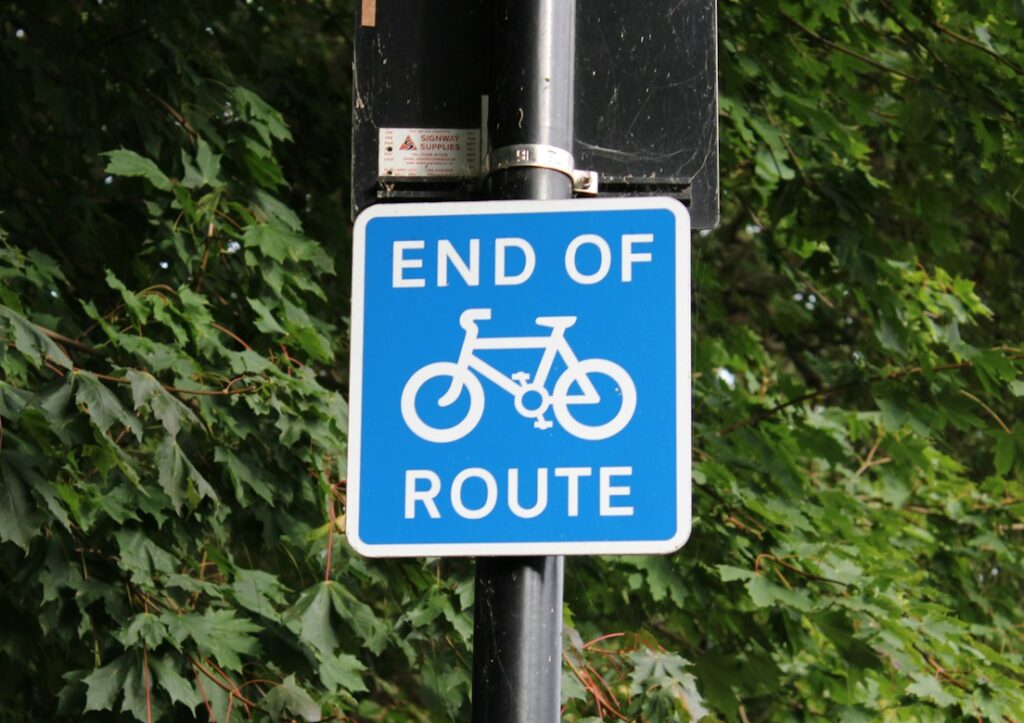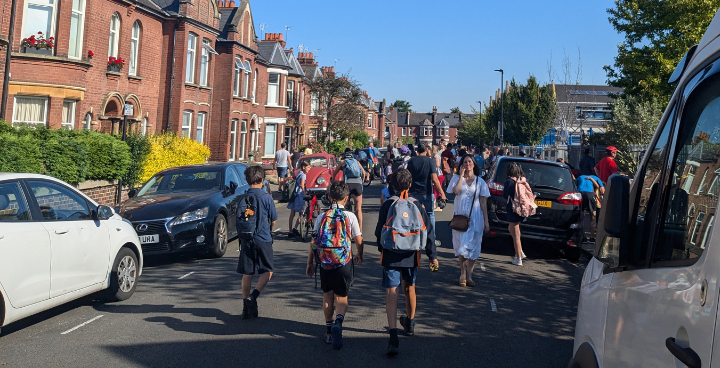Portsmouth City Council has drawn up plans to introduce a charging Clean Air Zone (CAZ) after the government ordered it to reduce the city’s air pollution.
At its cabinet meeting next Monday September 9, the council will consider a report on implementing a Class B CAZ, which would charge older, polluting buses, coaches, taxis, and heavy goods vehicles (HGVs) entering the city each day – but would not charge private cars.
If approved, the proposal will be included in the council’s plan to improve local air quality, which it must submit to central government by the end of October.
The council has said introducing a tougher CAZ could have a negative effect on residents and businesses.
Cllr Dave Ashmore, Portsmouth City Council’s cabinet member for environment and climate change, said: ‘Improving air quality in the city is an urgent matter, one which has seen the Government discussing imposing a charging Clean Air Zone on Portsmouth like they have in other places.
‘Our analysis has shown that a Class B Clean Air Zone, with additional measures, would achieve the level of compliance needed to ensure the health and wellbeing of people in our city whilst not impacting the economy of our city.’
Like other CAZs, petrol vehicles meeting Euro 4 or newer standards and diesel vehicles that are Euro 6 or newer will be exempt from any charges.
Council modelling concluded that a Class B zone, along with other non-charging moves to improve air quality like planting trees and improving cycling lanes, would be enough to help Portsmouth hit air quality standards by the government’s deadline of 2022.
Councillors are keen to rule out a Class D CAZ – which would extend the charge to all non-complaint vehicles including private cars – warning that it would have a disproportionate effect on residents.
However, they admitted that the government ‘could still’ impose the Class D CAZ if it deems the council’s plans insufficient to improve Portsmouth’s air quality quickly enough.
Cllr Ashmore added: ‘Right from the start I have been concerned about the massive economic impact that a government-imposed Class D clean air zone would have had on residents here. Many people just can’t afford to replace their old car.
‘Although the government could still impose a Class D zone on our city, we need to continue with the additional measures to improve our air quality.’
The council’s move comes after local campaigners urged it to ‘seriously consider’ introducing a charging CAZ, saying it ‘would rapidly deliver cleaner air for the poorest in our city’.
Earlier this week city leaders across England called on the government to spend £1bn on creating a national network of 30 Class D Clean Air Zones.
Photo Credit – Pixabay
















